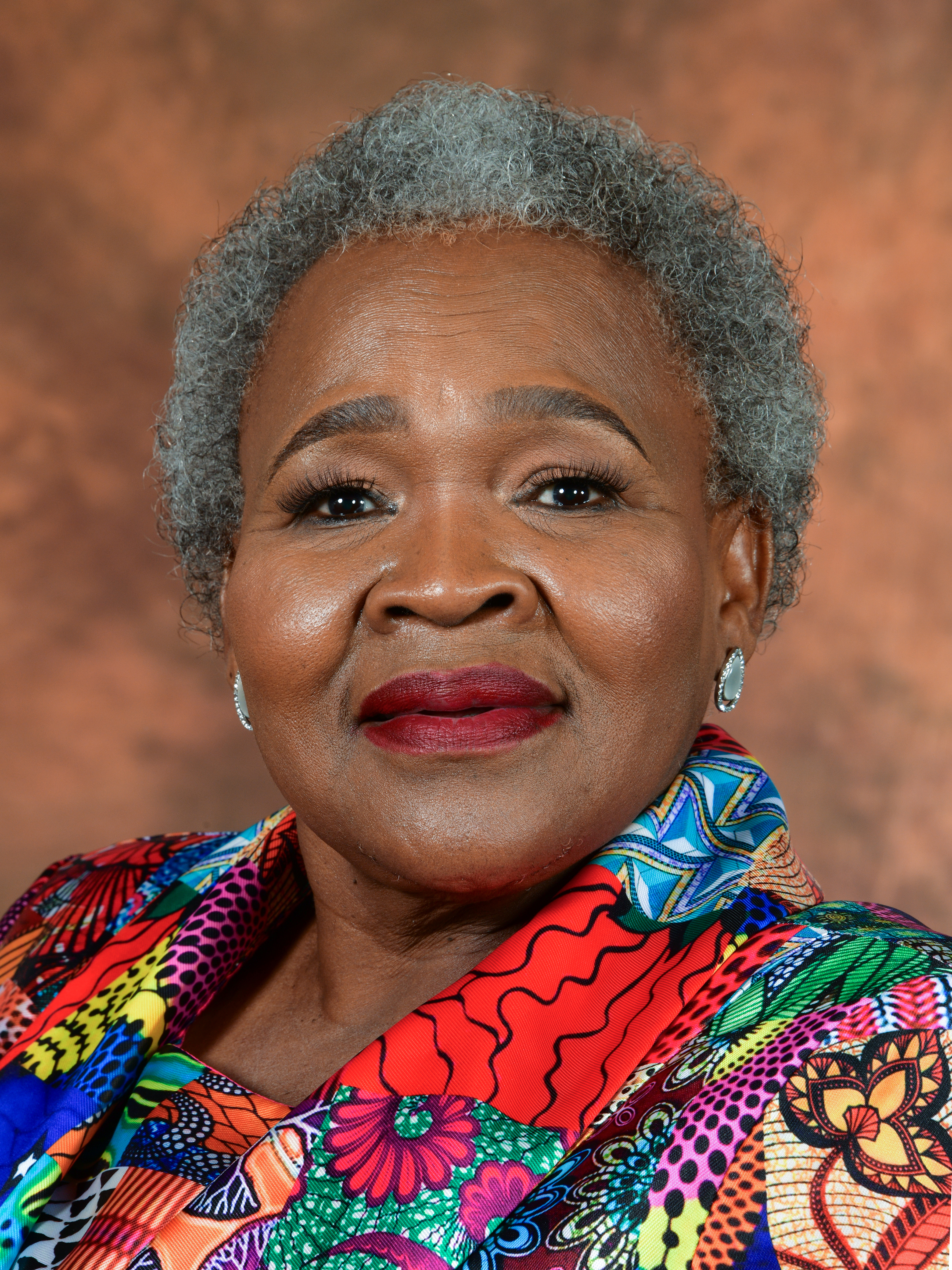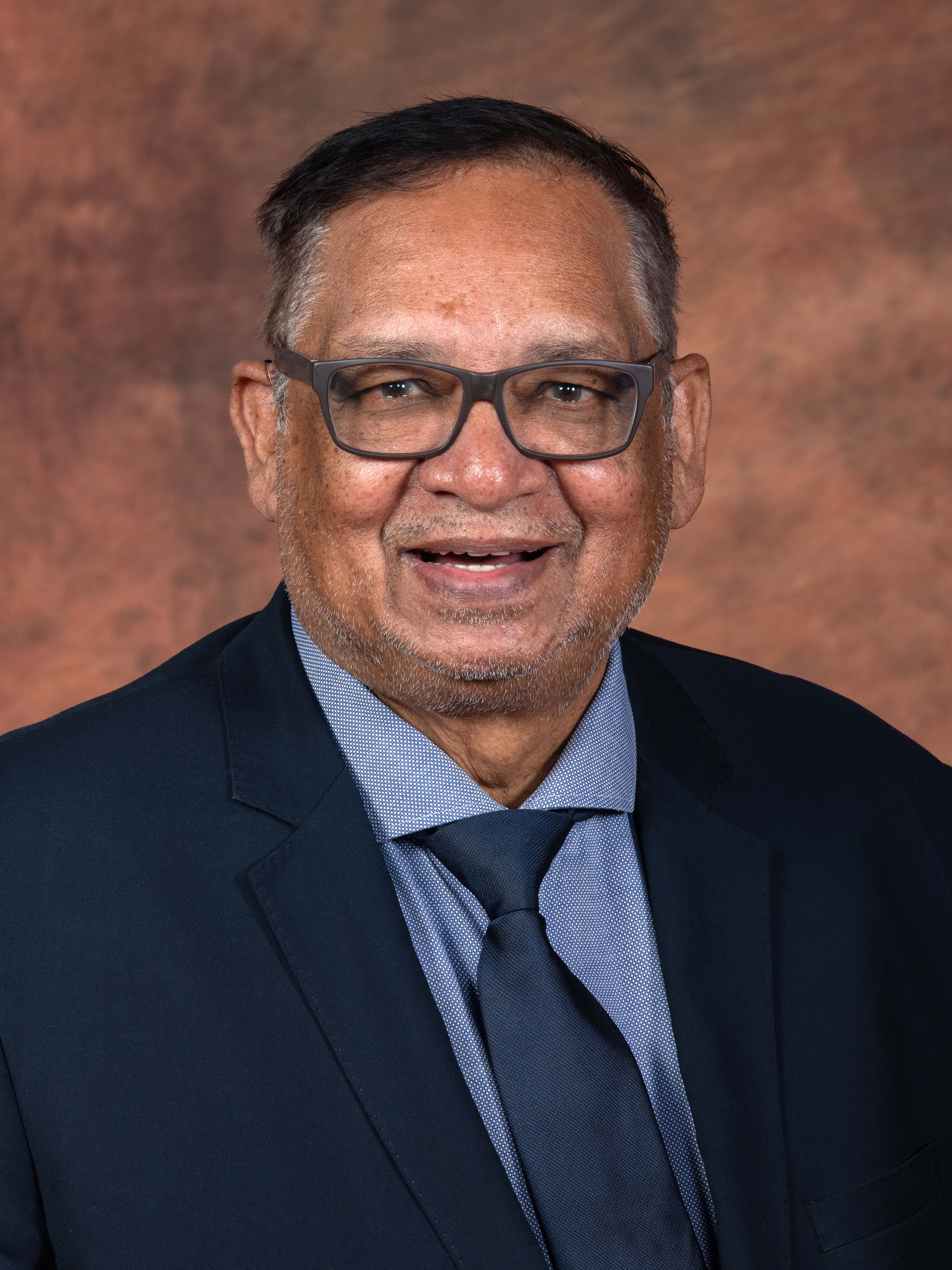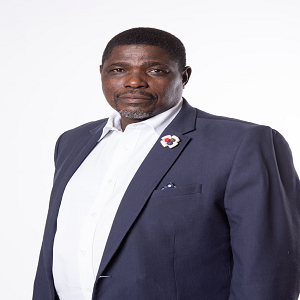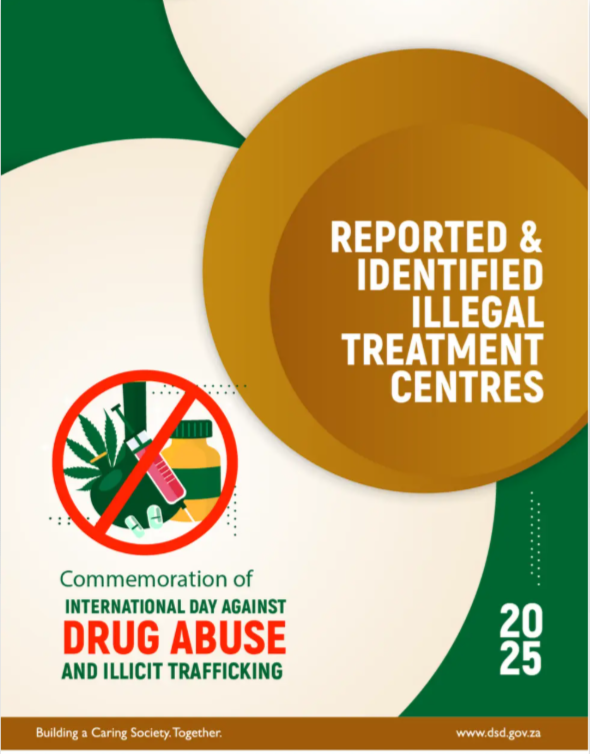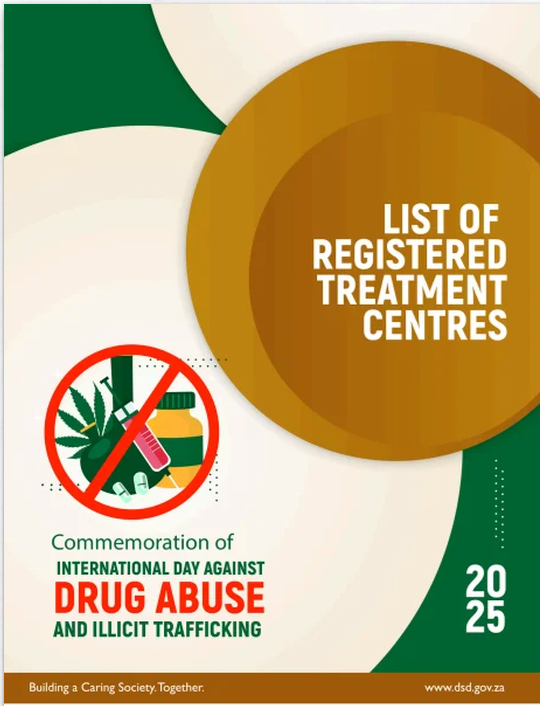By Morapedi Sibeko.
- South African caregivers and government officials are learning from Japan’s decades-long experience in inclusive disability care through a JICA-led training programme.
- Participants will apply their training to enhance respite care pilot projects in South Africa, offering relief to caregivers and structured support to children with disabilities.
- The collaboration supports South Africa’s upcoming national policy on disability inclusion, reinforcing the country’s commitment to integrated and dignified care for all.
South Africa is drawing vital lessons from Japan to improve the lives of children with disabilities and their families through an innovative knowledge-sharing programme facilitated by the Japan International Cooperation Agency (JICA).
The initiative, titled Country-Focused Training in Japan: Project for the Expansion of Respite Care Services to Families of and Children with Disabilities, seeks to strengthen inclusive care models tailored to the needs of children with disabilities.
The Department of Social Development (DSD), which oversees services for persons with disabilities, has partnered with JICA since 2012.
The current programme brings together caregivers from Mpumalanga and the Northern Cape—two provinces that are pioneering respite care services for children with impairments—alongside South African government officials and representatives from the disability sector.
Japan’s experience offers valuable historical parallels. “Forty or fifty years ago, children with disabilities in Japan were in the same situation we see today in South Africa,” said Mika Kusakabe, an advisor at JICA. “At that time, most people thought inclusion was impossible. But those who believed in it mobilised communities, and the services we have today were made possible.”
Tailored to the South African context, the training includes site visits to inclusive early childhood development (ECD) centres, special schools with sensory rooms, and adult daycare centres. Participants also engage with families of children with disabilities, siblings, and disability activists, gaining insight into the social and emotional aspects of care.
“This is not just training—it is knowledge co-creation,” said Eva Nderumaki, a senior programme officer at JICA. “The goal is to take what has worked in Japan and adapt it to South Africa in meaningful ways.”
Participants are expected to apply their learnings to improve pilot respite care services, which provide temporary relief to caregivers while offering children with disabilities structured, enriching environments.
The partnership comes at a pivotal moment as South Africa finalises a national policy advocating for the inclusion of persons with disabilities. Currently awaiting parliamentary approval, the policy promotes integrated services and disability-inclusive programming across all spheres of government.
Manthipi Molamu, head of the DSD’s Services to People with Disabilities unit, emphasised the need for practical application: “Even if we implement just one or two key practices from this exchange, they could make a significant difference in the lives of children with disabilities and their families.”
Reflecting on Japan’s journey, Kusakabe added, “Change may not come overnight, but it starts with people who believe. That belief transformed Japan—and it can do the same in South Africa.”
From both South African and Japanese perspectives, one message resonates: transformation is not accidental—it is driven by collaboration, a shared vision, and a commitment to dignity and human rights.


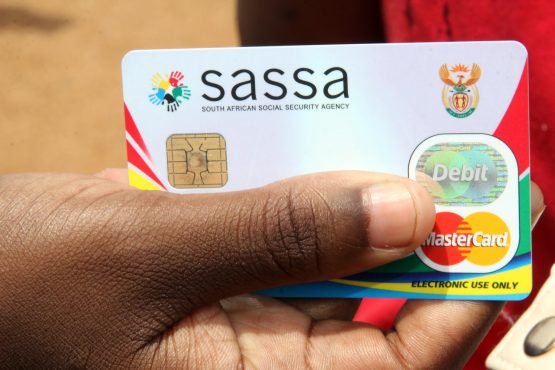

 0
0 